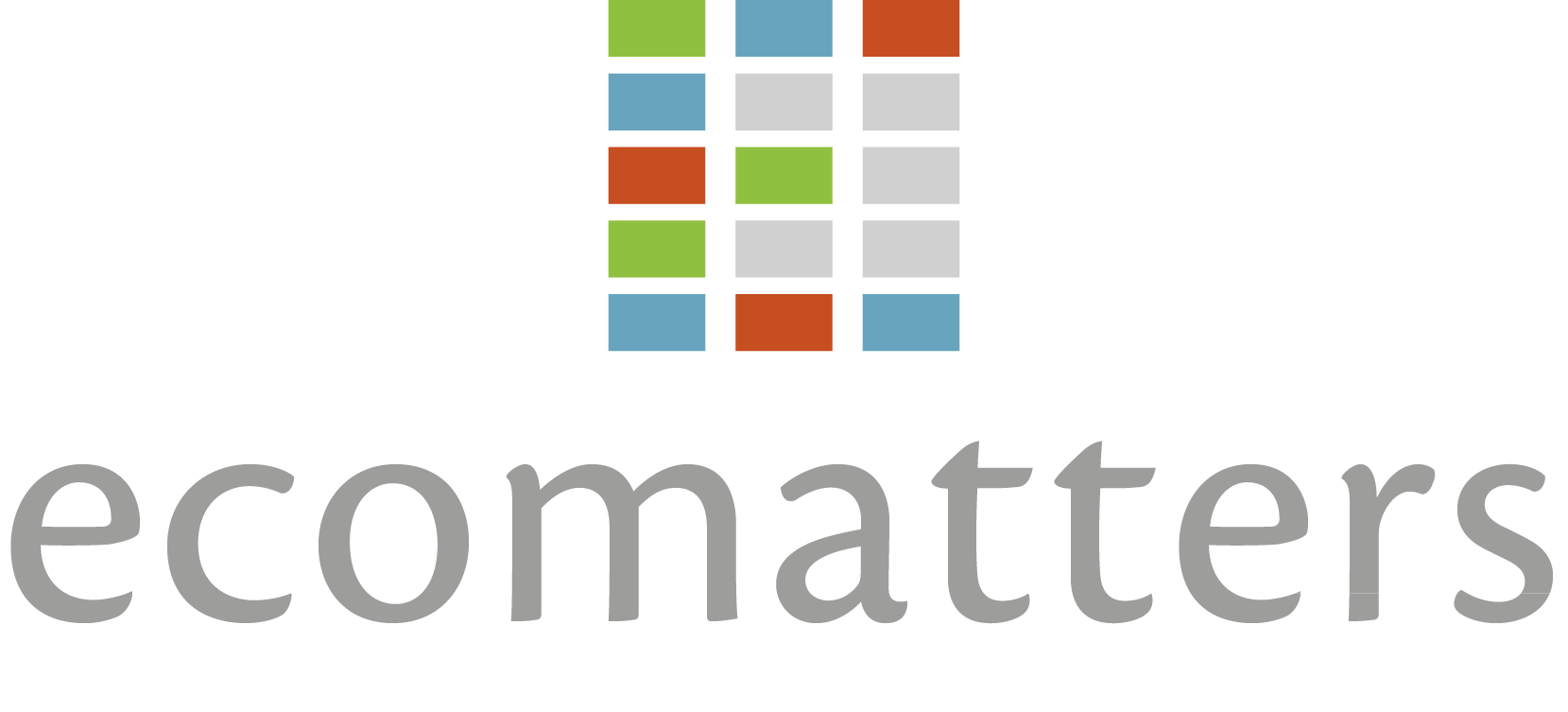Why do accurate sustainability claims matter?
Sustainability claims play a crucial role in helping consumers make informed choices. However, vague or misleading claims can harm consumer trust and expose businesses to regulatory scrutiny. The Netherlands Authority for Consumers and Markets (ACM) has established clear guidelines to ensure sustainability claims are transparent, accurate, and verifiable.
With increasing regulatory oversight and consumer awareness, companies must substantiate their sustainability claims to avoid accusations of greenwashing. The ACM’s five rules of thumb provide a structured approach to making fair and credible claims, ensuring compliance with Dutch and EU consumer protection laws.
What are the ACM sustainability claim guidelines?
The ACM’s Guidelines on Sustainability Claims aim to prevent misleading green marketing practices and help businesses comply with consumer protection laws. These guidelines were updated in 2023 to reflect current sustainability expectations and evolving regulatory frameworks.
Businesses must follow five key rules when making sustainability claims:
1. Use correct, clear, specific, and complete claims
- Avoid general, absolute terms (e.g., green, sustainable, climate-neutral, eco-friendly).
- Ensure the claim’s language is simple and precise for consumers to understand.
- Avoid exaggeration—claims must reflect real sustainability benefits.
Example:
Avoid: “Our packaging is sustainable.”
Instead use: “Our packaging is made from 70% recycled materials.”
2. Substantiate your claims with facts
- Use verifiable data to support claims.
- Ensure consumers can access detailed explanations easily (e.g., via a website link).
- Regularly update claims to reflect new research, regulations, and product developments.
Example:
Avoid: “Our clothing is made with sustainable cotton.”
Instead use: “65% of the cotton in this product is organic as determined through external audit.”
3. Make fair comparisons with other products or competitors
- Comparisons should be meaningful and based on similar products.
- Use standard measurement units (e.g., percentages) to provide clarity.
- Ensure calculation methods are consistent and unbiased.
- A comparison should only be made on aspects that are significant for the overall environmental performance.
Example:
Avoid: “Our shoes have the lowest environmental impact.”
Instead use: “Our LCA study shows that compared to traditional leather shoes, our shoes use 5 Liter less water in production.”
4. Describe future sustainability ambitions in measurable terms
- Future goals should be realistic, specific, and measurable.
- Companies must provide clear action plans demonstrating progress.
- Avoid vague commitments like “We are on the way to carbon neutrality.”
Example:
Avoid: “By 2030, we will be climate-neutral.”
Consider instead “By 2030, we aim to reduce our CO₂ emissions by 50% compared to 2020 levels, through energy efficiency and renewable energy investments.”
5. Ensure visual claims and labels are useful and not misleading
- Use trustworthy third-party certifications rather than self-created labels.
- Avoid symbols that create false impressions, such as green leaves or nature imagery, unless justified.
- Make it clear what each label or certification actually means.
Example:
Avoid: A product packaging features a green tree icon without explanation.
Consider instead: A product packaging states: “Certified by EU Ecolabel – adheres to the Ecolabel criteria for this product category”
Backing your claims with reliable environmental impact data
Ensuring compliance with ACM sustainability claim regulations can be challenging. At Ecomatters, we support businesses in evaluating sustainability claims to ensure they are credible, transparent, and data-driven. Our expertise includes:
- Sustainability claim verification – Ensuring all claims are accurate, well-substantiated, and compliant with ACM guidelines.
- Life Cycle Assessments (LCAs) – Providing scientific evidence to quantify environmental impacts. This provides a solid substantiation of sustainability claims.
- Clear and transparent reporting – Ensuring sustainability communications are truthful and easy to understand.
Avoid greenwashing risks and build consumer trust with verifiable sustainability claims. Get in touch with Ecomatters today to explore how we can support your business.
Related Services
Contact us
Wouter van Kootwijk
Robert Jan Volders
Find out more
In maart 2023 heeft de Europese Commissie het voorstel voor een richtlijn over staving en communicatie van expliciete milieuclaims aangenomen…
Call with our consultant
Do you want to know more about how we can help? Schedule a call with one of our consultants to ask your questions.



